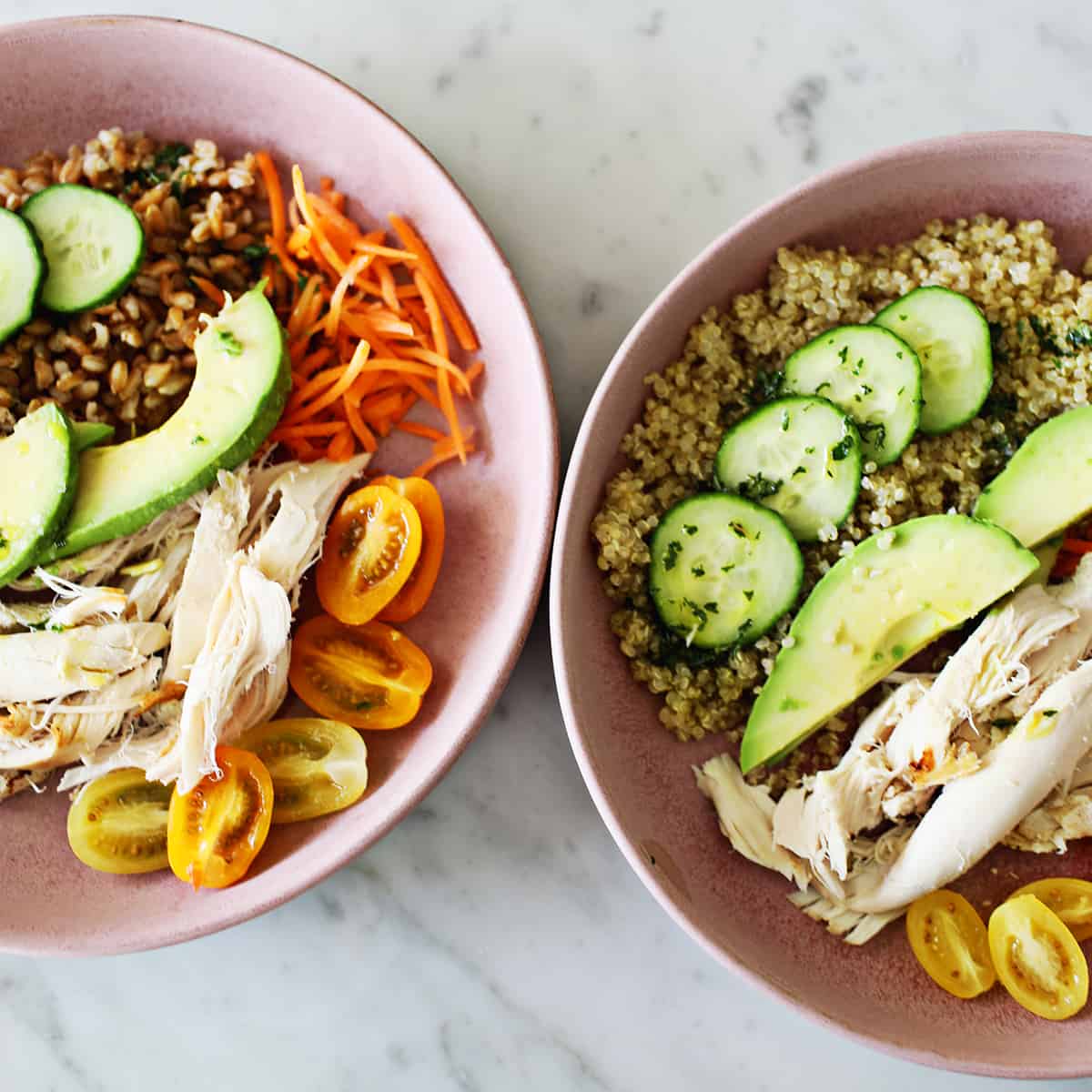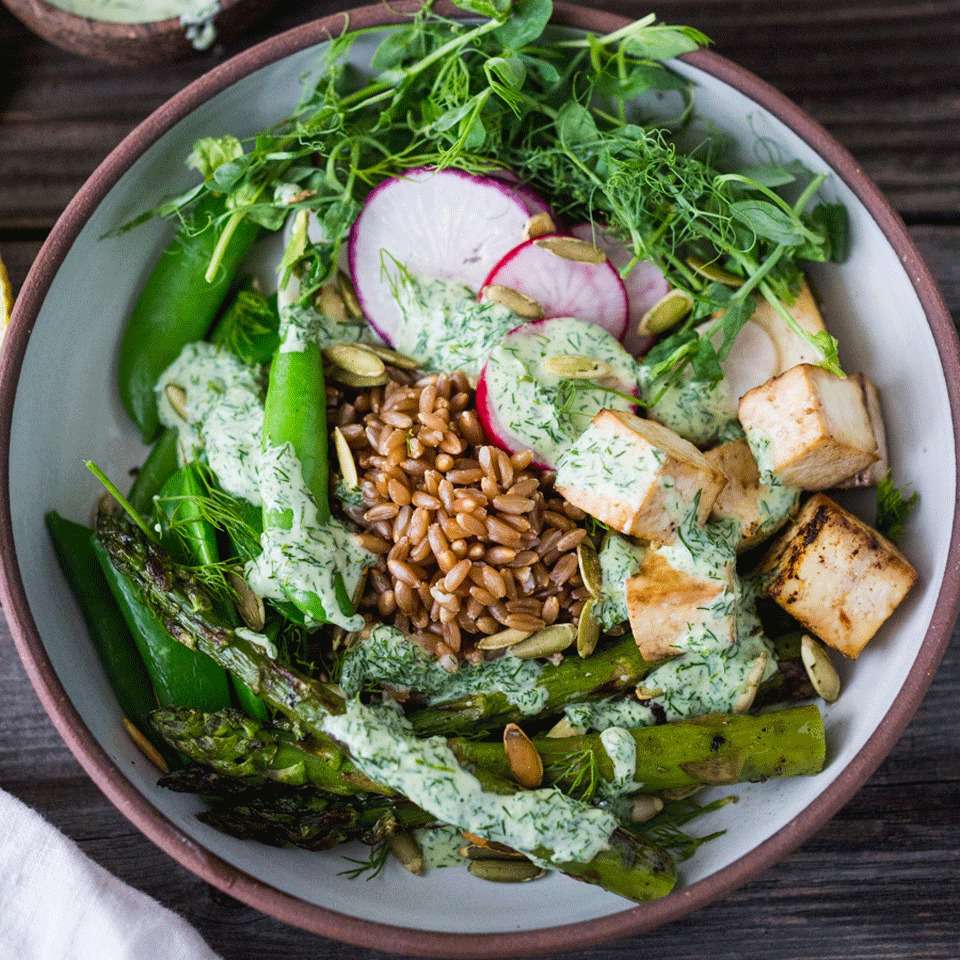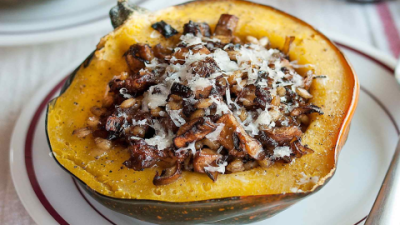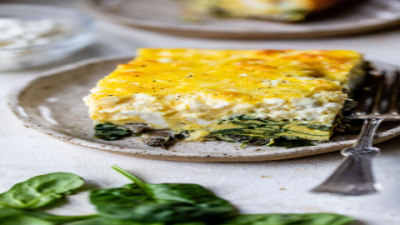Why Balanced Lunches Matter: The Real Problem
Ever felt that afternoon slump, even after eating what seemed like a decent lunch? You’re not alone. Many people struggle to create lunches that include grains proteins fruits vegetables and dairy, often grabbing whatever’s quick and easy. This can lead to energy crashes, poor focus, and even long-term health issues. According to the CDC, fewer than in adults eat enough fruits and vegetables daily, which highlights a real nutritional gap in typical lunch choices .
Specifically, lunches lacking in variety—especially those missing key food groups—can result in missed nutrients. For instance, skipping dairy or protein can leave you feeling hungry sooner, while missing out on grains and veggies means you’re not getting enough fiber. The problem isn’t just about hunger; it’s about missing out on the synergy of nutrients that help your body and mind perform at their best.
Solving the Lunch Dilemma: Building the Perfect Plate
So, what’s the solution? The answer lies in crafting lunches that include grains proteins fruits vegetables and dairy, ensuring each meal is a mini power pack of nutrients. Start by thinking of your plate as a canvas. Divide it into sections: one for whole grains, one for lean proteins, one for colorful veggies, one for fresh fruits, and a spot for a dairy serving. This approach not only boosts your intake of essential vitamins and minerals but also keeps you full and energized throughout the day.

Actually, it’s easier than you might think. For example, a brown rice bowl with grilled chicken, steamed broccoli, a handful of berries, and a cup of yogurt ticks all the boxes. Balanced lunches like this are not just good for you—they’re delicious and satisfying, too.
Key Benefits of Balanced Lunches
- Steady energy levels through the afternoon
- Improved focus and productivity
- Better digestion thanks to fiber-rich grains and veggies
- Stronger bones and muscles from dairy and protein
- Reduced risk of chronic diseases
Interestingly, research from the Harvard T.H. Chan School of Public Health shows that people who regularly consume a variety of food groups have a 30% lower risk of heart disease .
Case Study: Real-World Results from a Team Lunch Challenge
In our team's case, we found that switching to lunches that include grains proteins fruits vegetables and dairy made a huge difference. For one month, everyone brought balanced lunches to work. By the end of the challenge, 85% of team members reported feeling more energetic in the afternoons, and several noticed improved concentration during meetings.
One colleague, Sarah, shared, “I used to just grab a sandwich and chips, but adding a small salad, fruit, and yogurt made me feel fuller and less tempted by the vending machine.” This real-world experience shows how simple changes can yield big results.
Comparison Analysis: Project A vs Project B
| Aspect | Project A: Standard Lunches | Project B: Balanced Lunches |
|---|---|---|
| Energy Levels | Frequent afternoon fatigue | Consistent energy all day |
| Productivity | Difficulty focusing after lunch | Improved concentration and output |
| Nutrient Intake | Often missing key food groups | All major food groups included |
| Team Morale | Low engagement in wellness | Higher participation and morale |
| Long-term Health | Increased risk of deficiencies | Better overall health outcomes |
Step-by-Step Guide: How to Build Balanced Lunches
- Start with Whole Grains: Choose brown rice, quinoa, whole wheat bread, or oats as the base. Whole grains provide lasting energy and fiber.
- Add Lean Proteins: Include grilled chicken, tofu, beans, eggs, or fish. Protein helps with muscle repair and keeps you full.
- Load Up on Veggies: Add at least two types of vegetables, like spinach and carrots. Veggies offer vitamins, minerals, and antioxidants.
- Include Fresh Fruits: Toss in apple slices, berries, or orange segments. Fruits add natural sweetness and important nutrients.
- Don’t Forget Dairy: Finish with a serving of yogurt, cheese, or milk. Dairy is key for calcium and bone health.
Counterintuitively, prepping balanced lunches ahead of time can actually save you money and reduce food waste, as you’re less likely to buy last-minute snacks or throw away unused ingredients.
Common Misconceptions About Balanced Lunches
Secondary Keyword Variants in Action
Nutritious lunches don’t have to be boring. Try mixing up your grains—swap rice for barley or quinoa. Healthy meal ideas often start with what’s already in your pantry. For energy boost, pair protein with a serving of fruit. Balanced lunches can be made in advance, making your mornings easier. Protein-packed options like lentil salads or turkey wraps keep things interesting. For example, prepping overnight oats with berries and yogurt is both quick and satisfying.
Frequently Asked Questions About Balanced Lunches
How can I make balanced lunches quickly?
Batch cooking grains and proteins at the start of the week saves time. For instance, grill extra chicken or cook a big pot of quinoa to use in different lunches.
What if I’m lactose intolerant?
Dairy alternatives like almond milk, soy yogurt, or lactose-free cheese can provide similar nutrients.
Are there vegetarian options?
Absolutely! Beans, lentils, tofu, and eggs are excellent protein sources. Combine these with whole grains, veggies, and fruit for a complete meal.
Conclusion: Your Path to Better Lunches
To sum up, lunches that include grains proteins fruits vegetables and dairy are the secret to steady energy, better health, and higher productivity. By following the step-by-step guide above, you can easily create balanced lunches that fit your lifestyle. Remember, it’s not about perfection—it’s about making small, sustainable changes that add up over time. So, next time you pack your lunch, think variety, color, and balance. Your body and mind will thank you!

For more healthy meal ideas and protein-packed options, keep exploring new recipes and don’t be afraid to experiment. After all, the best lunches are the ones you actually look forward to eating!



